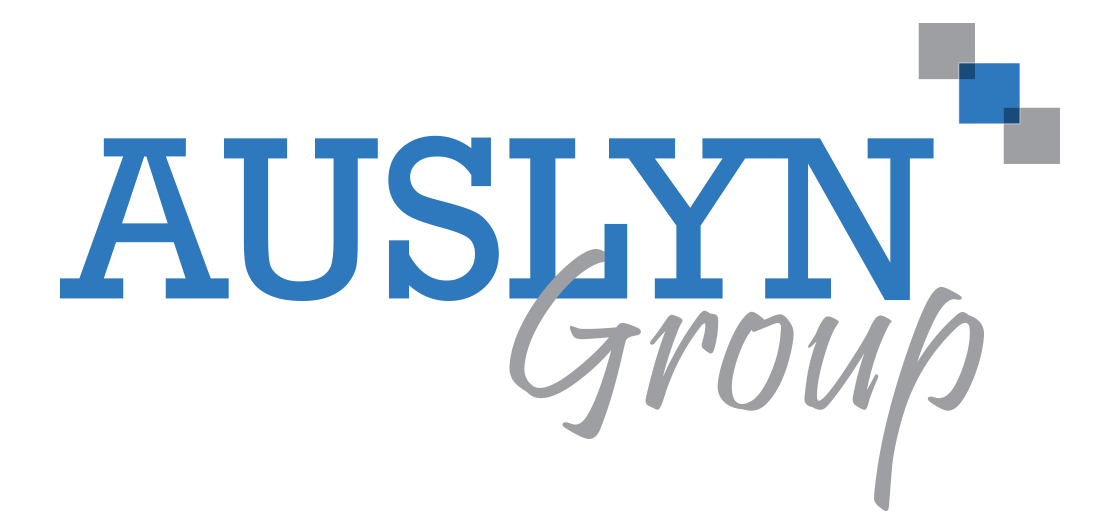ITSM Simulations
ITSM Experiential Learning Sessions
ITSM PROPULSION
• Propelling the enterprise to faster results
• Creating contribution realization
• Strategically aligning IT and the business
• Energizing staff through accelerated learning (Effective Team Building)
THE CHALLENGES:
• Creating shared energy for IT Service Management (ITSM) success
• Gaining buy-in and commitment for ITSM programs
• Successfully implementing best practice initiatives, such as the ITIL®, LeanIT, DevOps and ISO/IEC 20000
• Becoming service focused, as opposed to technology focused
THE SOLUTION – EXPERIENTIAL LEARNING TECHNIQUES
A strategic catalyst for cultural change.
This highly interactive simulation is a high-impact, energetic way to accelerate understanding and acceptance of service management concepts such as ITIL. Facilitated in the fast world of global on-line retail, ITSM Experiential Learning brings to life the service management, cultural and process issues faced by organizations and encourages strategic partnership between IT and the business. This is done through a realistic, exhilarating scenario to which participants can directly relate to and have actual experience of.
ITSM EXERIENTIAL LEARNING IN ACTION
Normally delivered over 4-5 rounds, the simulation uses gaming dynamics to mirror the real world interaction between IT and the business, from both a strategic and operational perspective. The simulation structure is designed to reflect the entire service management concepts as defined by ITIL and other practices. Participants progress through the rounds, increasing operational maturity and gaining a holistic understanding of quality service management as they go. In addition, the simulation experience continues between rounds through defined service transition phases which require the participants engagement in planning for strategic and operational continuous service improvements.
“Games based learning can significantly accelerate
the transfer and application of knowledge.”
Waldir Arevalo De Azevedo Filho, Gartner
The following aspects of ITSM are considered during each round:
ROUND 1
Working in silos (IT and the Business) Communication issues and chaos Introducing the Service Desk and Incident Management
ROUND 2
Refining and improving Incident Management Introducing Problem Management, Knowledge Management and Trend Analysis
Introducing Availability and Capacity Management Introducing Configuration Management, Change Management and Service
Level Management
Business Relationship Management
ROUND 3
Maturing the Service Desk and Incident Management Maturing Problem Management and the Knowledge Base
The importance of Change and Release Management Service Continuity Management and Event Management
Supplier Management and Information Security Management
ROUND 4
Introducing Financial and IT Asset Management Maturing Configuration Management and the value of a CMDB.
Demonstrate importance of processes and their relationships Review how ITSM maturity has evolved and the benefits to the
business


